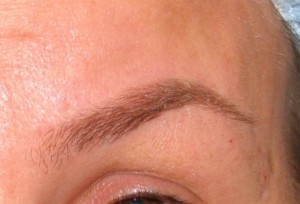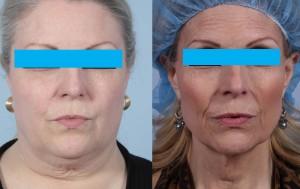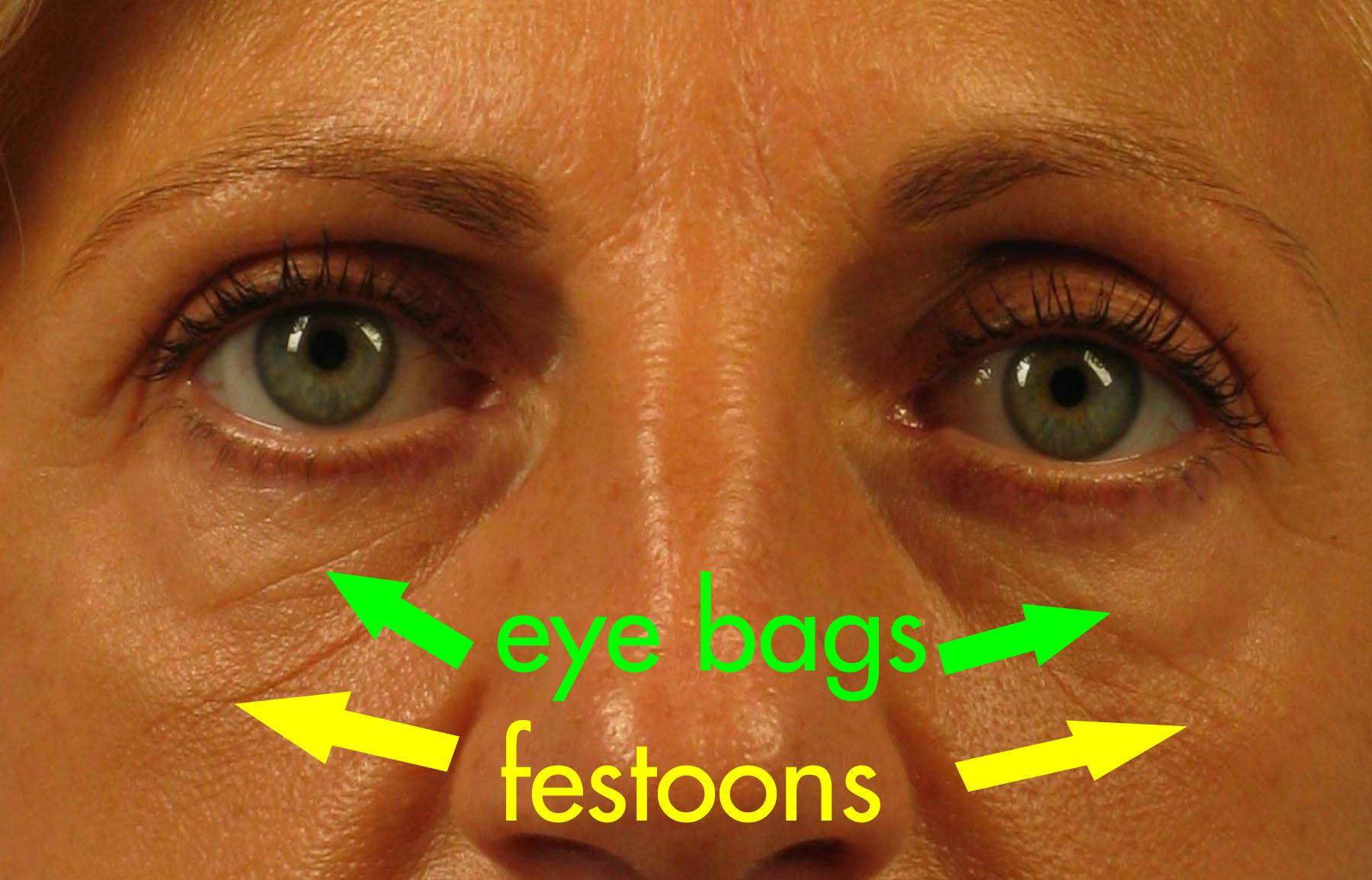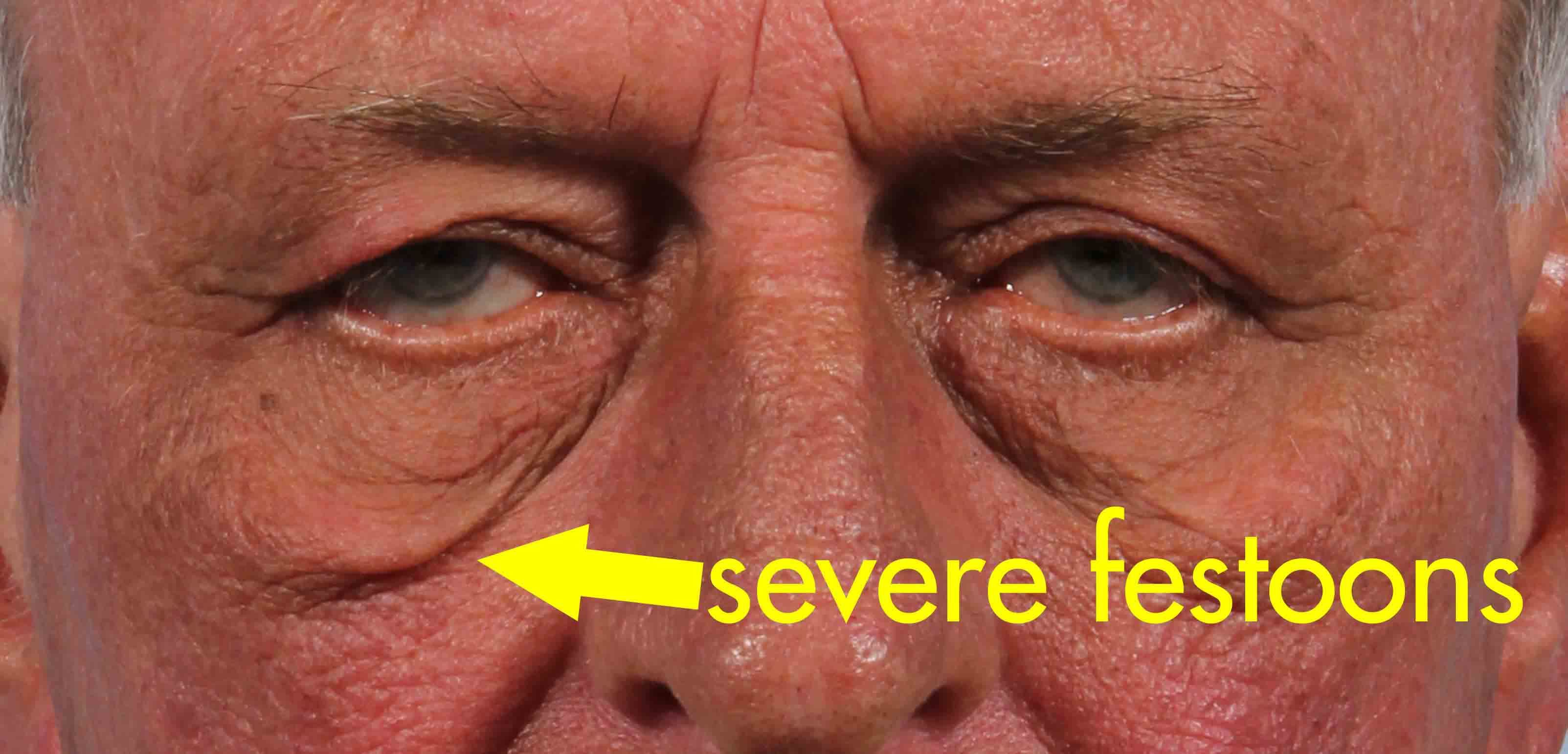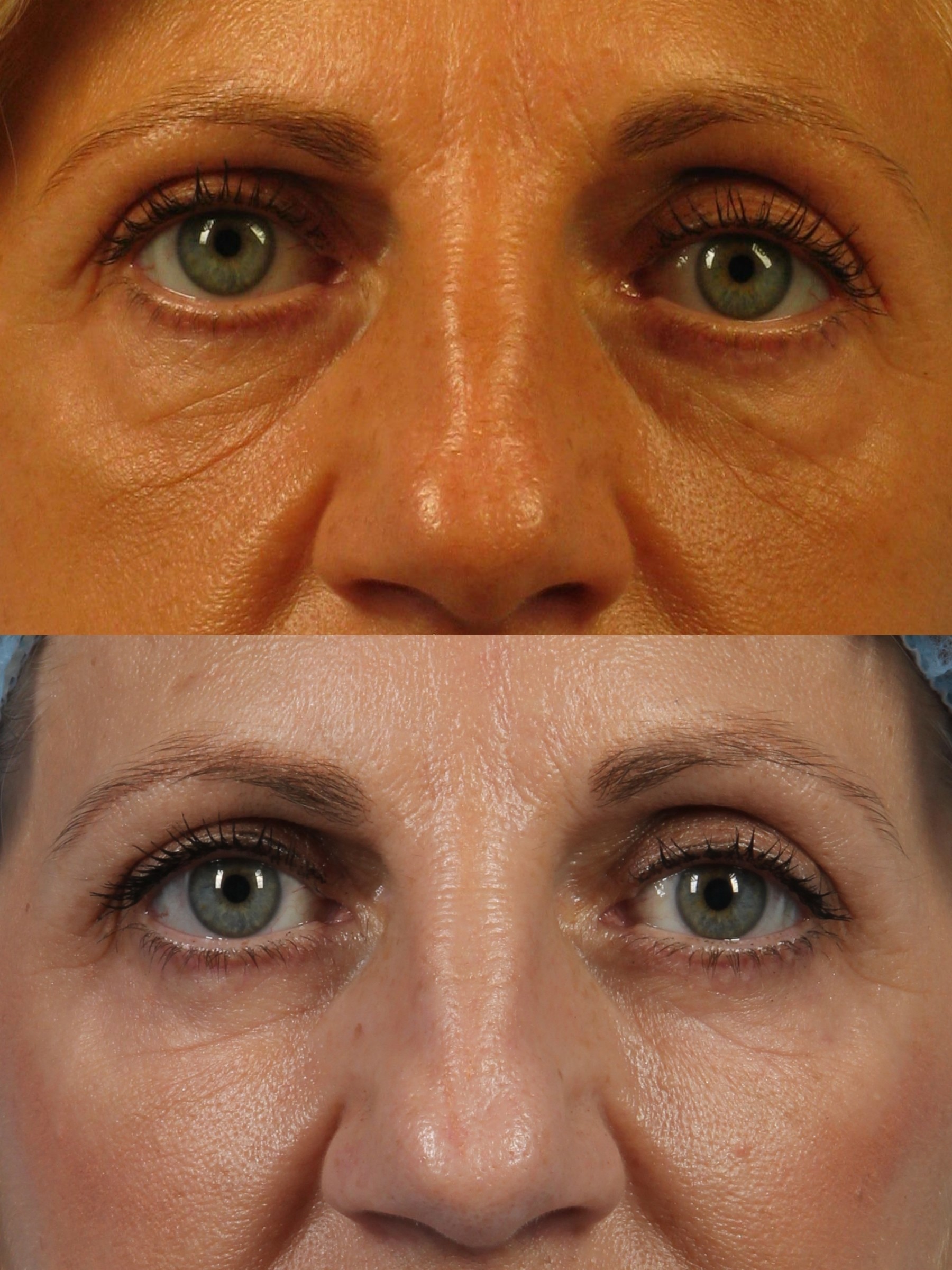How the Latest Thread Lift in NYC Makes You Look Younger Without the Knife
in Asian cosmetic surgery, facelift, Technology, Wrinkles/by drkotlus4 eye secrets to looking younger in photos (#1 and #2 won’t cost a dime)
in Eye lift, Look Better in Photos, News, Wrinkles/by drkotlusHow you can prevent these 6 early signs of facial aging
in Botox and fillers, Botox NYC, Eye lift, Wrinkles/by drkotlusInsider cheek lift advice that takes years off your face
in Botox and fillers, Fat grafting, Wrinkles/by drkotlusShould you have Botox (or Dysport)?
in Botox and fillers, Botox NYC, Infographics, Wrinkles/by drkotlusThis woman wanted to get rid of sagging upper eyelid skin but instead..
in Asian cosmetic surgery, Eye lift, Fat grafting, Wrinkles/by drkotlusBotox vs Dysport : wrinkle treatment showdown
in Botox and fillers, Infographics, Wrinkles/by drkotlusRetinol for eye wrinkles
in Wrinkles/by drkotlusRetinol fights wrinkles and sun damage
Retinol is derived from vitamin A and is commonly found in over-the-counter anti-wrinkle creams. It’s milder than the prescription-strength product, tretinoin. Both versions work to make the skin look younger, yet prescription tretinoin (Retin-A, Renova, Refissa) work better and faster, while they also have more of a tendency to cause dryness and redness.
Can retinol be used around the eyes?
Yes. There is a misconception that creams can’t be used on the eyelids. The reason for concern is that you don’t want to get irritants inside the eyes. But the skin around the eyes is the earliest on the face to show wrinkles and it’s a great place to use retinol (or tretinoin).
Because the eyelid skin is so thin, it can also be more sensitive, so you may not wish to use retinol in this area every day, and smaller amounts help to avoid overflow getting in the eyes. You can even use it on your upper eyelid skin.
What does retinol (and tretinoin) do?
There are 3 main actions that make this an amazing (and scientifically proven) anti-aging cream.
1. Collagen boost : retinol increases the amount of collagen in your skin and it slows down the break down of existing collagen. This helps with wrinkles.
2. Faster skin growth : by speeding up the cycle of skin growth, it makes the skin thicker and smoother, both signs of youthfulness.
3. Brown spot supression : it reduces the amount of pigment in the skin, making the skin color look more even and less blotchy.
It works on the genetic level
Retinoids enter the skin cells and regulate the expression of certain genes that affect the cell’s behavior. In this way, retinoids have a localized hormone-like action similar to steroids.
It’s a night cream
Retinoids can make you sensitive to light. Prescription strength versions are more prone to doing so, so it’s suggested that you use them at night.
How long does it take to work?
This will depend on the strength of the product you are using, how often you are using it, and how your skin responds to it. So it depends. But it typically takes months to see a nice effect. It’s a long term commitment, but it works.
If you have severe wrinkles or wish to see more improvement than what a topical cream can offer, you should consider other cosmetic treatments for wrinkles around the eyes. When I see patients for consultations about eye wrinkles in my NY offices, retinol is almost always mentioned, but then we talk about laser treatments, Botox, and eyelid lifts as well.
Botox and the Mr. Spock Brow
in Botox and fillers, Wrinkles/by drkotlusCosmetic Botox and Spock from Star Trek shouldn’t be associated
I wrote this post a week before the passing of Leonard Nimoy, but it published after the fact. Perhaps it was a premonition. In any case, he truly was an iconic actor and author and I’m glad he was truly able to live long and prosper. His character, Mr. Spock, helped to define the genre of science fiction television, with his cold, robotic demeanor and his high-arched brows. This is not the look that most people are going for when they have a Botox or Dysport treatment. The over-arched, over-lifted Spock eyebrow can be the result of a muscle imbalance caused by misdirected Botox.
Botox (botulinum type A) is a purified protein that relaxes muscle and is the most popular cosmetic treatment in the world because it reduces wrinkles caused by repeated facial expression. At its best, Botox (or Dysport or Xeomin) can make you look younger, smoother, and less angry. When it’s overdone or placed in the wrong spots, it can make you look different and not in a good way.
Why Spock brow happens after Botox
It occurs because the central forehead is weakened by the treatment while the outer sides of the forehead are still active. This causes the central brow to drop and the outer brow to lift too high in comparison.
1. Imprecise injections : When Botox is diluted with too much water it relaxes muscles in a larger area. This creates a loss of precision.
2. Cookie-cutter treatments : If an injector does exactly the same treatment on everyone, it won’t be effective for some, because muscles aren’t in exactly the same place in everyone. And this can lead to unwanted results.
The Spock brow can easily be fixed
I’ve heard of patients and acquaintances here in NYC who tried Botox for the first time to get rid of the “11” lines between their brows but ended up with the “Spock brow” and it turned them off to Botox forever. I wished they would have seen me or went back to their doctor because this issue can be corrected with a very minimal amount of Botox just above the highest part of the eyebrow. It usually solves the problem within days.
Botox me up, Scotty
Some people have a naturally high brow arch and that looks good on them. It can be disturbing if you didn’t have an arch before botox and suddenly one appears. Leonard Nimoy who played Spock on Star Trek just had some eyebrow pencil and pointy ears and it helped to define his iconic persona, but nobody should have to look like him after a cosmetic treatment that is meant to make you look younger, and you don’t have to. Botox done nicely can be a subtle and flattering thing.
Brett Kotlus, M.D.
NY,
NY
10021
Phone: 212-882-1011
Why weight loss makes your face look older
in Botox and fillers, Wrinkles/by drkotlusWhen it comes your face, thin looks older
You are doing everything right- you exercise, you eat a healthy diet, but your face is starting to look older and more tired. Or, you’ve lost 20 pounds because you wanted to be more fit, but your eyes and cheeks are looking more sunken.
I hear this story all the time. It’s unfortunate but true: round, full faces tend to look younger.
The baby face
When we are born, we have round, chubby faces. Our cheeks are smooth and plump and there is nary a line to be seen. After our 20’s, we begin to lose fat in our faces. The fat cells shrink, or atrophy and the result is a more aged-looking face. Shadows under the eyes (nasojugal folds), creases next to the nose (nasolabial folds), and wrinkles at the corners of the mouth (marionette lines) all start to appear. Cheeks and temples start to sink. And it happens to some of us more than others.
After massive weight loss
We naturally lose facial fat over many years, gradually. But some will rapidly lose a dramatic amount of weight through bariatric surgery (lap band, gastric sleeve, etc.) or major lifestyle changes. The massive weight loss population often sees a dramatic change in facial features and can see an accelerated process of aging when looking in the mirror.
This person below lost approximately 100 pounds in about a years time through diet and exercise alone. You’ll notice substantial aging changes: a sagging neck, more wrinkles around the eyes, forehead, lips, and next to the nose, and an overall deflated look. She is definitely healthier for having lost the weight, but the older appearance is a trade-off.
Fixing the effects of deflation
To counteract deflation from weight loss, the face can be re-filled. The two best options to put back what was lost are
1. Filler injections – soft, biocompatible substances are placed under the skin to add volume. These can include Restylane, Perlane, Juvederm, Juvederm Voluma, Radiesse, and Sculptra. Of these, Juvderm Voluma, Perlane and Sculptra last the longest. The procedure consists of an office visit and several pinches from the injections. Downtime is minimal in most cases and results last from 1-3 years depending on the filler used (Sculptra can last more than 2 years but it is limited to cheek and temples mostly).
2. Fat injections – Your own fat is suctioned from one part of your body, like your waist or thighs and it is layered under the skin of the face. The results are not always as predictable as fillers and there is some more downtime- usually 1-2 weeks of swelling and bruising. But the results can last for many years, possibly permanent.
Below is an example of subtle rejuvenation via cheek volumization using Sculptra filler. Sculptra is very popular here in NY because it doesn’t require a long period of downtime and it is long-lasting. Fat injections are more popular when other surgery is being done at the same time (e.g. eyelid lift, facelift, brow lift).
So should I get fat to look younger?
I have heard of people doing this, but you’re better off being healthy and thinner. You can always visit a expert injector (I offer consultations in NYC) to add a youthful fullness back to your face without looking unnatural. Ask to see before and after photos of other patients so you know that your doctor has similar aesthetic ideals.
Brett Kotlus, M.D.
NY,
NY
10021
Phone: 212-882-1011
What are festoons ?
in Eye lift, Images, Wrinkles/by drkotlusFestoons, cheek bags, and malar mounds
These are all part of the same aesthetic problem. They are bags or bulges found on your upper cheek, below the eyelids and below the bony circle under your eyes called the orbital rim. They are seen in both young and old people, yet they tend to get worse with age.
Festoons and eye bags are not the same things
Eye bags are the puffy areas within the eyelids that are caused by bulging fat orbital fat pads, the fat that lives around the eyeballs. Festoons occur lower on the face, at the upper cheeks.
One side looks worse than the other- why?
It’s not uncommon for one cheek to look worse than the other. Facial asymmetry is noticeable in almost everyone, and festoons follow this rule. Here’s an example of a severe festoon on one side:
Why do we get cheek bags?
Festoons are caused by several conditions happening at once. The location of the folding skin and creasing is formed by the connective tissue bands that provide structural support between the skin, fat, muscle, and bones in your face. These bands or “ligaments” dictate the position of creases and folds on your face. With age, you may lose structural support and volume in your face. Volume loss combined with gravitational effects leads to aging signs such as jowls, sagging eyebrows and eyelids, and you guessed it, festoons.
Is there a correction for festoons?
Yes. Treatment involves a combination approach that addresses each of the underlying causes of the problem. Laser skin resurfacing, volume replacement (fat or filler injections), and lower eyelid lift surgery are often used to minimize or eliminate the festoon.
Here is an example of my patient who underwent lower eyelid surgery, fractional laser skin resurfacing, and fat injections to reduce both eye bags and festoons in a single procedure.
I routinely see clients who are concerned with festoons in my NY office and I’ve noticed that the festoon page on my website is one of the most frequently visited.
Brett Kotlus, M.D.
NY,
NY
10021
Phone: 212-882-1011
Interesting links
Here are some interesting links for you! Enjoy your stay :)Pages
- 5 Steps to Looking Younger
- About
- After Botox/Dysport: “Spock Brow”/Over-arched Brow
- Asian Double Eyelid Lift Surgery in NYC
- Asymmetric Eyelids
- Before and After Portfolio
- Before/After Cosmetic Oculoplastic Surgery
- Blepharoplasty in NYC with an oculoplastic surgeon
- Books
- Botox and Dysport in NYC with an oculoplastic surgeon
- Botox/Dysport/Xeomin
- Brow Lift
- Brow lifts
- Brow Ptosis
- Cannula Tear Trough Under-Eye Filler best for Eye Bags NYC
- Canthopexy and Canthoplasty
- Cheek Redefining
- Chemosis
- consent- biopsy
- consent- blepharoplasty
- consent- brow lift
- consent- chalazion
- consent- cosmetic injection
- consent- double eyelid
- consent- eyelid ptosis
- consent- facelift
- consent- facial implant
- consent- filler dissolving enzyme
- consent- laser or chemical skin peel
- consent- liposuction
- consent- pronox
- consent- revision surgery
- consent- sculptra
- consent- surgery chaperone
- consent- thread lift
- Contact
- Cosmetic Eyelid Surgery Guide
- COVID-19 Measures
- Crow’s Feet
- Dark Circles and Eye Bags
- Double Eyelid Surgery Guide
- Dr. Kotlus Blog
- Droopy Eyelid Ptosis Surgery
- Eye Bags and Dark Circles Treatments
- Eyebrows
- Eyelid Conditions
- Eyelid Procedure Affects
- Eyelid Ptosis Repair
- Eyelid Retraction
- Eyelid Revision Surgery
- Eyelid Skin Fat Deposits
- Eyelid Veins
- Facials
- Fat Transfer, Fat Grafting
- Festoons
- Festoons and Malar Bags
- Glabellar Furrows
- Hollow Under-Eyes
- Home: Dr. Kotlus NYC Oculoplastic Surgeon | Blepharoplasty | Eye fillers
- Lacrimal Gland Prolapse
- Lateral Canthal Blunting
- Lateral Canthal Rounding
- Lectures and Presentations
- Lid Ptosis
- Lip Enhancement
- Liposuction
- Loose Lower Eyelid Skin
- Loss of Eyelid Skin Pigment
- Lower Blepharoplasty (Lower Eyelid Lift)
- Lower Eyelid Bags
- Lower Eyelid Conditions
- Lower Eyelid Fat Pad Reduction/Repositioning
- Lower Eyelid Skin Pinch
- Lower Eyelid Skin Resurfacing
- Lumps/Irregularities
- Necklift and Facelift NYC
- Nose
- Orbicularis Oculi Muscle Tightening
- Other Eyelid Concerns
- Patient Forms
- Patient Reviews
- Pause and Reverse: How to Look Younger Than Your Age With or Without Cosmetic Surgery
- PDO Thread Lift NYC
- Privacy Policy
- Procedures
- Research and Publications
- Residual Fat After Blepharoplasty
- Soof Lift
- Superior Sulcus
- Tame Your Eye Bags and Dark Circles
- Thank you for requesting your NY Thread Lift Consultation
- Transverse Brow Furrows
- Treatment of Chemosis
- Treatment: Lacrimal Gland Suspension (Sagging Tear Gland)
- Treatment: Botox “Spock Brow”
- Treatment: Eyelid Droop After Botulinum Toxin (Botox, Dysport, Xeomin)
- Treatment: Eyelids
- Treatment: Fat Pouches After Eyelid Lift
- Treatment: Festoons
- Treatment: Lower Eyelid Retraction
- Treatment: Lumps After Fillers
- Treatment: Superior Sulcus (Upper Eyelid Hollowing)
- Treatment: Tyndall Effect
- Treatments: Brow
- Treatments: Brow and Forehead Wrinkles
- Treatments: Crow’s Feet
- Treatments: Hollow Lower Eyelid/Tear Trough
- Treatments: Lower Eyelids
- Treatments: Under-Eye Dark Circles
- Treatments: Upper Eyelid
- Tyndall Effect: Blue Discoloration After Hyaluronic Filler
- Under-Eye Dark Circles
- Upper Blepharoplasty (Upper Eyelid Lift)
- Upper Dermatochalasis
- Upper East Side Manhattan Location | NYC Cosmetic Eyelid Plastic Surgeon
- Upper Eyelid Conditions
- Upper Eyelid Lift NYC
- Upper Eyelid Treatments
- Upper Steatoblepharon
- Wrinkle Treatment Fillers | Botox | Laser | Microneedling NY
- Younger Podcast: Expert Advice on How to Look Younger and Live Longer
- 雙眼皮手術頁

